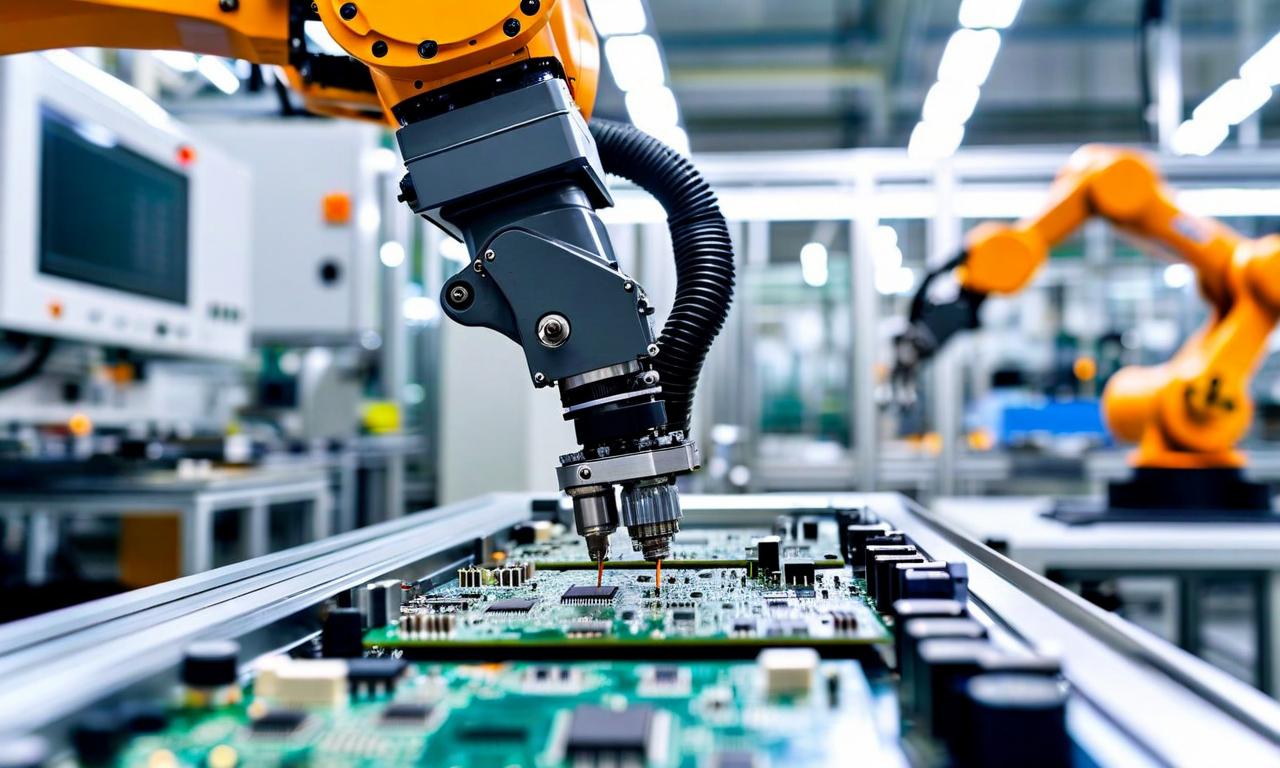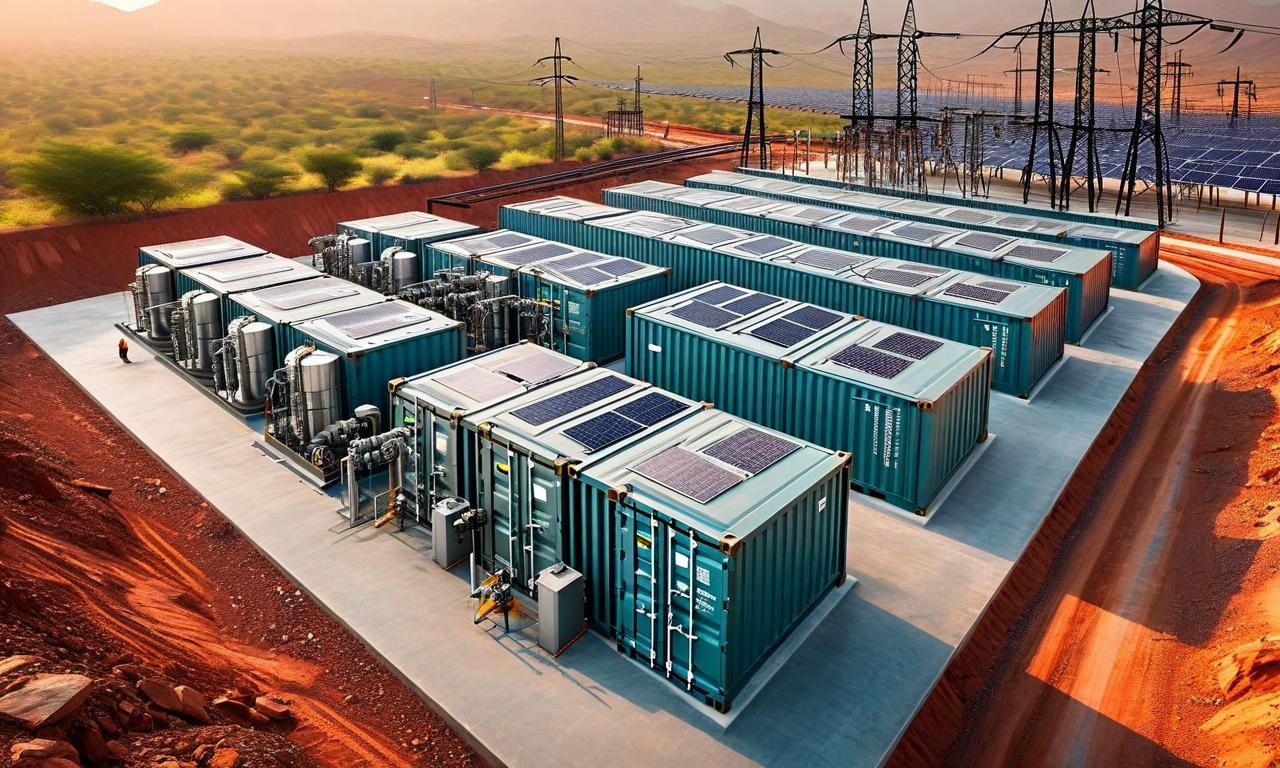Trump Advocates for Skilled Foreign Workers Amid H-1B Visa Fee Hike
President Trump emphasized the US need for skilled foreign workers, particularly in complex manufacturing, despite recent policy changes increasing H-1B visa fees to $100,000. This stance comes amid tensions with allies, including South Korea, following immigration raids. The U.S. Chamber of Commerce has filed a lawsuit against the fee increase. Trump indicated plans for a new strategy to balance immigration control with economic needs for specialized foreign talent.

*this image is generated using AI for illustrative purposes only.
President Donald Trump has recently emphasized the United States' need for skilled foreign workers, despite his administration's policy changes that have increased costs for companies hiring international talent. This stance comes in the wake of controversial immigration measures that have stirred tensions with key allies.
Skilled Labor Shortage
In a Fox News interview, Trump highlighted the necessity of specialized foreign talent in the U.S. workforce. He argued that certain complex manufacturing tasks, such as producing missiles or batteries, require skills that cannot be readily found among domestic unemployed workers. This acknowledgment underscores the challenges faced by high-tech industries in finding adequately skilled labor within the country.
H-1B Visa Fee Increase
The Trump administration recently implemented a significant increase in H-1B visa application fees, raising them to $100,000. This move has faced pushback from the business community, with the U.S. Chamber of Commerce filing a lawsuit in response. The H-1B visa program is widely used by tech companies to hire foreign workers with specialized skills.
Trump's Stance on Foreign Workers
| Issue | Trump's Position |
|---|---|
| Need for Foreign Workers | Acknowledges necessity for specialized skills |
| Domestic Labor Market | Cannot fill all complex manufacturing roles |
| H-1B Visa Fees | Increased to $100,000 |
| Business Response | U.S. Chamber of Commerce lawsuit |
Tensions with Allies
The administration's stringent immigration policies have led to diplomatic tensions, particularly with South Korea. A recent raid at a joint Hyundai and LG Energy battery plant in Georgia resulted in the detention of over 300 South Korean workers. This incident prompted intervention from Secretary of State Marco Rubio, who had to reassure South Korean officials that the U.S. still welcomes their investment.
Looking Ahead
Despite the controversies surrounding recent immigration policies, Trump indicated plans to develop a new strategy to ensure highly skilled workers can enter the U.S. to assist in establishing manufacturing facilities. This approach aims to balance strict immigration control with the economic need for specialized foreign talent.
The ongoing debate highlights the complex interplay between immigration policy, economic needs, and international relations in an increasingly globalized world. As the U.S. continues to navigate these challenges, the outcome will likely have significant implications for both domestic industries and international partnerships.





























